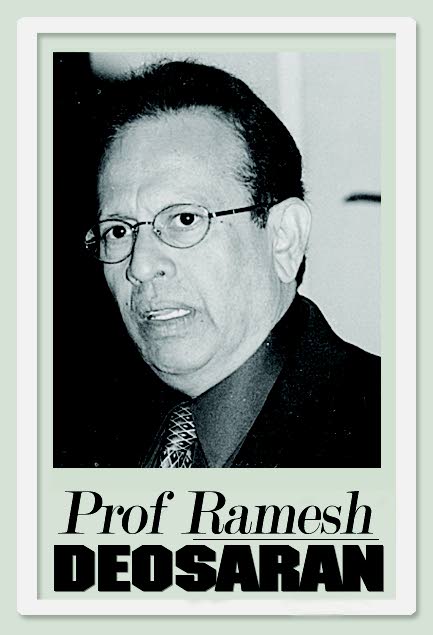Diary of a broken society

Broken. This means “reduced to despair, defeated.” Our views of society emerge largely from what we read, hear or see daily. From being ten days abroad, I arrived last week from Seattle and reviewed all newspapers published here during the last two weeks. Reading the newspapers one day at a time does not give you the reality as reading all the news at one time. The published news, page after page, gave me very rough, troubling feelings. It was if the society has been really reduced to a state of disrepair.
Moreso, the published signs indicate that the required repairs, if undertaken, would be long in coming. The dilemma is that positive change and accountability remain largely restricted by the political and management models governments have faced and continue to face. From what we read, hear and see, it is licks and more licks on the society. Licks from increasing murders, teenage pregnancies from unknown fathers, prison break-outs, unmanageable refugee and immigrant intakes, lack of implementation, corruption, institutional disrepairs – all these beyond acceptable levels, appearing as a diary of a broken society. Money, through increased gas supply or otherwise is not this country’s fundamental problem.
Nothing less than a 15-year improvement and development programme will suffice – with national consensus and properly shaped, for example, in six critical, benchmarked areas – education, crime and policing, health, public infrastructure and public utilities, overloaded government expenditures, and parliamentary and constitutional reform (governance). These proposals remind me of a conference to celebrate the late Rex Nettleford’s works at The UWI Mona campus. During my presentation Lloyd Best made an unsettling but legitimate remark. He told the audience and me that while my proposals sounded quite good, they “would be impossible to implement.” His related question: How does a culture change itself?
We uncomfortably practice the adversarial political system more to confront as of right than to negotiate and compromise as public responsibility. Three months ago, when PM Dr Rowley stated his intention to loosen immigration from other Caricom states, and given the rise in Venezuelan refugees, this column advised: Consult Kamla, Dr Rowley. Immigration and refugee challenges now require some national consensus.
As Democratic presidential candidate, Kamala Harris told her town meeting last week, “politicians must learn to put country first, before party at times.” We here are yet to grow up in order not to send our society into continued disrepair. Rowley is right, “too much hate in this society.” But he should also know this stems largely from the political party antagonisms, trickling on. When I was appointed chairman of the Police Service Commission, some called me “a UNC.” When I was appointed chairman of the Police Manpower Audit Committee, I was called “a PNM.” Utter rubbish!
I welcome but sympathise with efforts by indefatigable letter-writers such as Raymond Hackett, Errol Benjamin, Simon Wight, Lynette Joseph. WKS Hosein asked “Is Trinbago a real place?” (Guardian, May 26). A darker view from Nicholas Morris: “It is clear to see our nation is in one of the darkest days and most troubling states. We are in crisis from the classroom to the hospital wards. Our national predicament requires stable vision, political will and dedicated innovation.” (Express, May 24). Mitchell Dymally Davis advised: “We simply cannot continue to vote on party loyalty. Consider the issues impacting our everyday lives. Choose your leaders wisely.” She added: “If you are content with the deplorable roads, falling healthcare, archaic education, poor government services and high food costs, take a second look at the decades of neglect and mismanagement this country has endured.” (Newsday May 6).
And so, day after day, the publication of the country’s disrepair persists, while on the other hand, the government notes the several difficulties it faced from oil prices, inherited debts, incomplete projects. With ethnic loyalties as a democratic right, what can voters do to enforce elected politicians to perform better and be held more firmly accountable? There is little or no effective constitutional space for the views of letter writers or public opinion generally (apart from periodic party-guided elections) Since 1962, it is as if “let them bray” while the society drifts into continued disrepair. We are yet to arrive.

Comments
"Diary of a broken society"